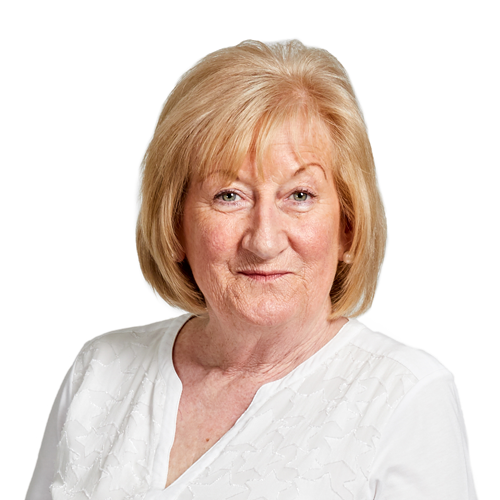
Trusts
Trusts can be set up in a person’s lifetime. They can also arise on death under the terms of a Will or, if there is no Will, under the intestacy rules if any beneficiary is under 18 years of age. The rules introduced by the Finance Act 2006 are complex and have wide ranging effect on trust structures both old and new.
If you want to set up a lifetime trust to manage your assets for someone else’s benefit, you should choose an experienced solicitor to write the deed of trust on your behalf and also advise on the tax and administration implications connected to it.
Ridley & Hall can assist you with choosing the right kind of trust within your Will, setting up the correct trust in your lifetime, and your duties if you have been appointed as a trustee under an established trust.
In addition you can appoint one or more of our partners to act as trustee for any trust you wish to set up.
What is a trust?
A trust is a legally enforceable arrangement, set up either in your lifetime or on your death (normally) by a written trust deed.
On creation of a lifetime trust you hand over some of your assets (eg money or property) to be looked after by someone else, known as a trustee, for the benefit of another person or persons, known as the beneficiaries.
Once you hand over the assets you cannot benefit from them again unless you have nominated yourself to do so under the terms of the trust deed. There are tax implications connected with being a beneficiary of your own trust.
A trust arising on death does not come into effect until you die. It will either arise under the terms of your Will, but can arise under the intestacy rules (where there is no Will) and any of the beneficiaries entitled to benefit are under 18 or come within the special rules applicable to a spouse.
A written trust deed (either created in your lifetime or under your Will) allows you to specify how you want the trust to be administered. For instance you can say when beneficiaries are entitled to the assets in trust. Many people leave money in trust for children, and nominate them to receive it once they reach a certain age.
There are many different types of trust. There are also tax and other issues arising from the Finance Act 2006 which you need to carefully consider before deciding whether a trust is right for your circumstances.
Reasons to set up a trust
Common reasons for setting up a Trust are:
1. To reduce inheritance tax for your family or to reduce your own tax burden
2. To pass assets on your death without the need for a Grant of Probate
3. To take care of assets for the benefit of children, or to pay for their school fees or education
4. To shield assets for the benefit of another who is too disabled, sick or old to look after them personally, or who may be in local authority funded care
Trustees duties
You need to choose trustees to manage the trust. If land is to be put into trust you will need at least two trustees. You should choose someone who is not too old, who you trust to carry out your wishes and who agrees they have the time to dedicate to the work involved. Trustees can retire when they no longer wish to act, and a replacement be appointed for them.
You can decide in the trust deed who has the power to appoint a new trustee when this happens. The duties of a trustee are fairly wide. A brief overview of their role can be summarised as the need to:
– Meet regularly to discuss issues connected to the trust and keep written records (minutes) of those meetings
– Manage the trust assets and ensure that yearly accounts are drafted.
– Invest the trust assets in accordance with the law governing this area. The trust deed can widen the powers given at law
– Make payments in accordance with the terms of the trust. Sometimes trustees have a discretion as to whether to make payments and they should ensure this discretion is exercised when dealing with distributions.
– Open the trust at the Inland Revenue, prepare yearly tax returns and pay the right amount of tax due on time
– Deal with the sale and reinvestment of the trust assets as and when necessary
You can appoint one or more of the Partners at Ridley & Hall to act as trustee(s) for your trust if you wish. Alternatively, existing trustees can appoint Ridley & Hall as agents for them to assist with their duties as summarised above, or to obtain independent advice about those duties.
Our People

Thomas Grice
Head of Department,Partner

Hannah Pedley
Associate Solicitor
Chloe Aston
Solicitor,South Elmsall Team Leader

Deborah Kaye
Associate Solicitor
Andrew Gullett
Solicitor
Victoria Jones
Solicitor
Lucy Pickles
Solicitor
Sophie Aldridge
Trainee Solicitor
Holly Thurlbeck
Apprentice Solicitor
Ann Silver
Personal Assistant
